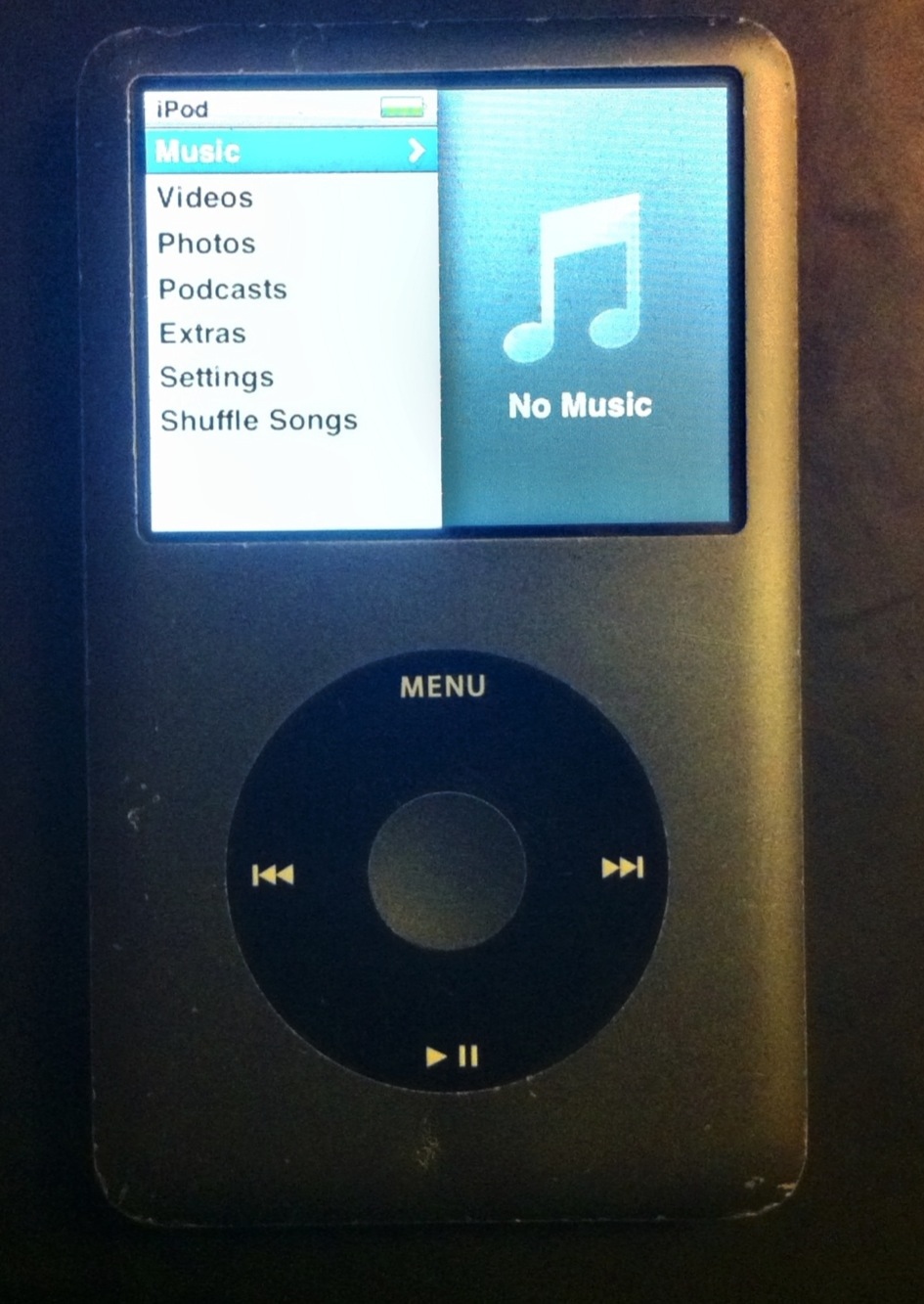

Yes, there’s greater sociality attached to it but it detracts from a deep engagement with music. “With the iPhone there is a competition between the auditory and visual you’re messaging and using apps while probably listening to music or a podcast. The book was published in 2007, just as the iPhone arrived and “interruption culture” took hold.

His book Sound Moves: iPod Culture and Urban Experience explores “how and why the spaces of the city are being transformed right in front of our ears”, as mobile devices accompany us everywhere we go and the music or readings they provide influence our experiences of different places and events in our lives – while also altering our relationship with what we’re listening to. It was a dedicated music machine,” says the academic dubbed Professor iPod. “The iPod made it possible to carry your musical identity and have playlists for every conceivable situation. Michael Bull, professor of sound studies at the University of Sussex, believes the iPod was the “first cultural icon” of the 2000s. Now, on the eve of the iPod’s 20th anniversary, was it a mistake to call it the era’s greatest gadget? Or did it lay the grounds for today’s trends of personal tech-focused consumerism? Studies have shown how millennials and Generation Z increasingly seek experiences over possessions for them, paying a monthly subscription to pick and choose from a whole world of music holds more value than collecting a narrower range of CDs and MP3s. Music streaming overtook physical record sales and digital downloads, accelerating the closure of record shops. Smartphones were instrumental in shifting consumer behaviour, whereby the IRL desire to seek and discover was usurped by a URL culture of click and consume.

New iPod models were created to reach different people the Shuffle and Nano targeted casual listeners while the iPod Classic, capable of holding up to 40,000 songs, was ideal for music obsessives.īut the 2007 launch of the iPhone, combining a telephone and an internet browser with a music player all in one gadget, signalled the iPod’s demise. Apple unveiled the first iPod – which could hold 1,000 songs – at an event in California on 23 October 2001 (Photo: Apple Corp via Getty) The subsequent arrival of the iTunes store in 2003 changed the way we discover, shop and listen to music – offering the music business and its customers a downloading service that was the first serious, legal alternative to Napster.


 0 kommentar(er)
0 kommentar(er)
